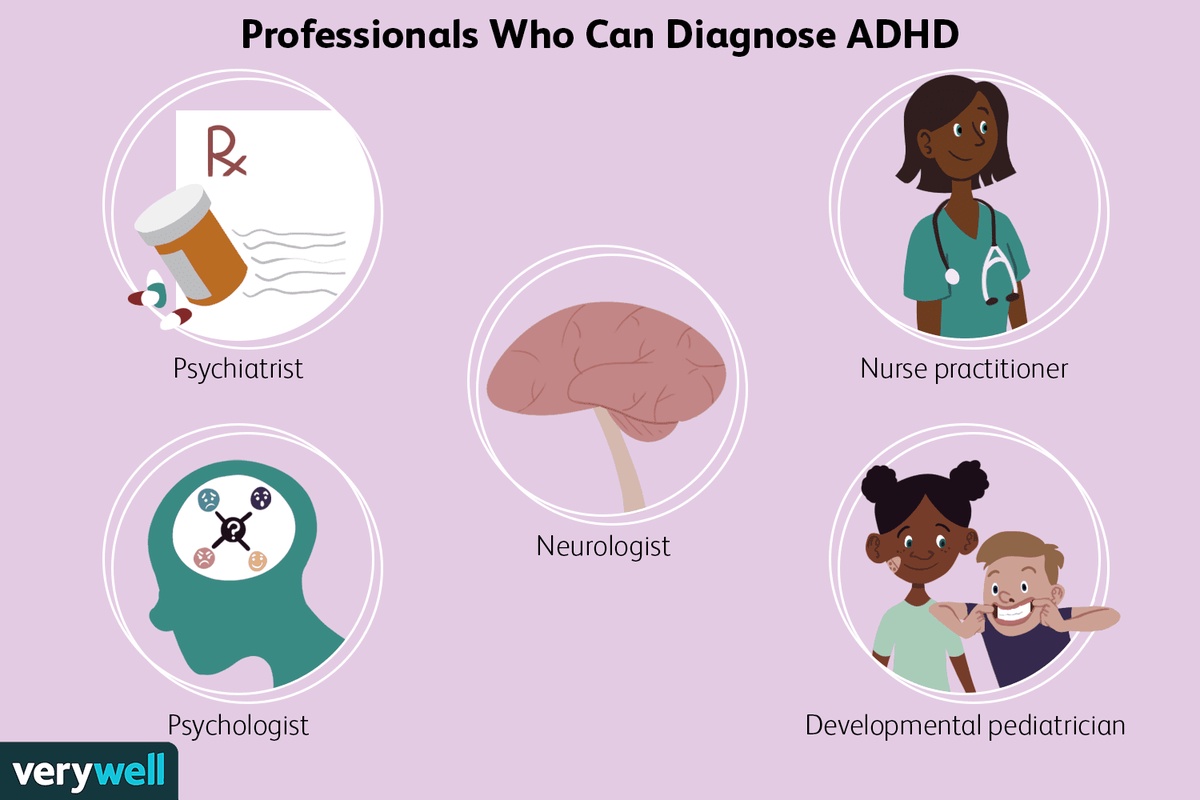Attention Deficit Hyperactivity Disorder (ADHD) is often associated with childhood, yet it can persist into adulthood, presenting unique challenges for individuals. While there's substantial information available on childhood ADHD, understanding and addressing ADHD treatments for adults is equally crucial. In this article, we delve into effective ADHD treatments for adults, drawing insights from CMH (Central Mental Hospital) research and expertise.
-
Medication Management: Medication remains a cornerstone in managing ADHD symptoms in adults. Stimulant medications like methylphenidate and amphetamines are commonly prescribed. These medications work by increasing the levels of neurotransmitters in the brain, improving focus, attention, and impulse control. However, medication management should always be under the supervision of a qualified healthcare provider to monitor for effectiveness and potential side effects.
-
Behavioral Therapy: Behavioral therapy, such as cognitive-behavioral therapy (CBT), is another vital component of ADHD treatment for adults. CBT helps individuals understand their ADHD symptoms, develop coping strategies, and improve time management and organizational skills. Additionally, therapy can address co-occurring conditions like anxiety and depression, which often accompany ADHD in adults.
-
Lifestyle Modifications: Making lifestyle modifications can significantly impact ADHD symptoms. This includes maintaining a healthy diet, regular exercise, and adequate sleep. Research from CMH emphasizes the importance of establishing routines and incorporating relaxation techniques like mindfulness and meditation to manage stress levels effectively.
-
Educational and Vocational Support: Many adults with ADHD struggle in educational and vocational settings. CMH research highlights the effectiveness of educational support programs tailored to the needs of individuals with ADHD, providing strategies for academic success. Additionally, vocational rehabilitation services can help adults with ADHD find suitable employment and provide accommodations in the workplace to optimize productivity.
-
In conclusion, managing ADHD in adults requires a comprehensive approach that addresses both the core symptoms of ADHD and any associated difficulties. By combining medication management, behavioral therapy, lifestyle modifications, educational and vocational support, peer networks, and technology-based interventions, individuals with ADHD can effectively manage their symptoms and lead fulfilling lives. Insights from CMH research underscore the importance of tailored, multidisciplinary approaches in providing effective ADHD treatments for adults.


No comments yet